
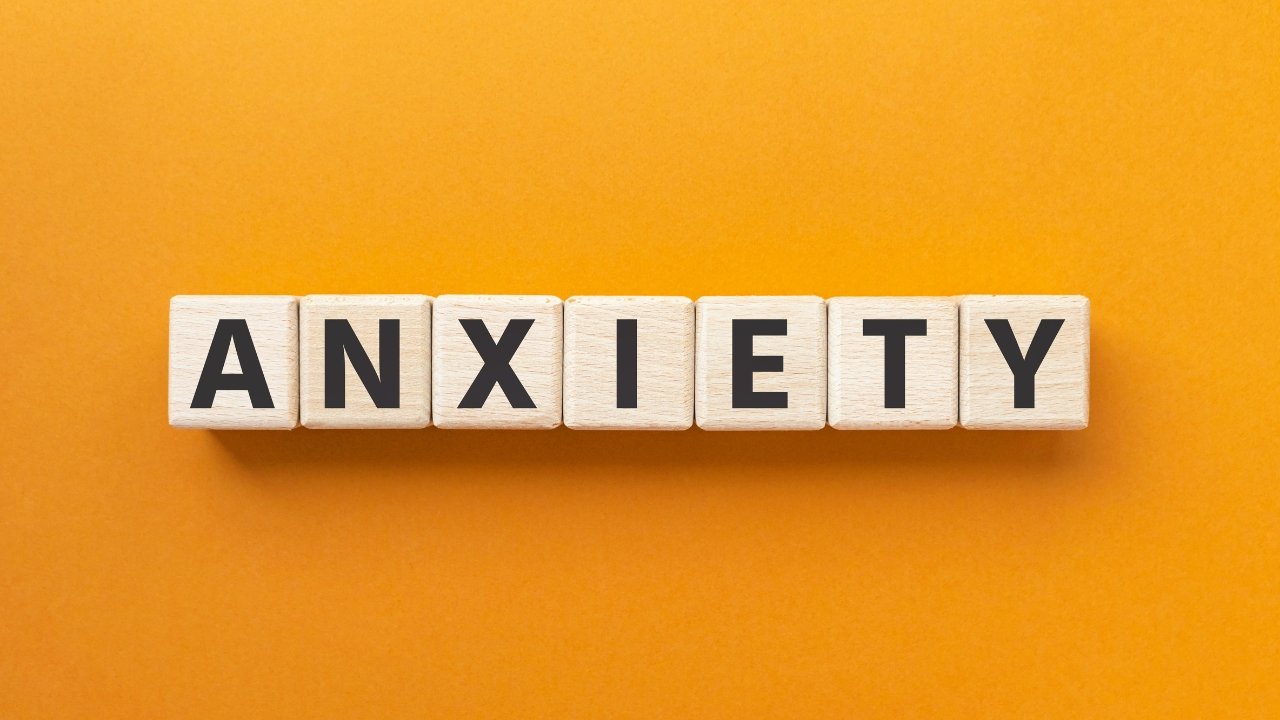
10 Myths About Anxiety You Should Stop Believing
- No Comments
Anxiety is a common experience for many, but it’s often misunderstood. These myths can confuse what anxiety is and how it affects people. It’s important to clear up these misconceptions. Here are ten myths about anxiety you should stop believing:
Myth 1: Anxiety Is Just Stress
Many think anxiety is just stress. But they are different. Anxiety is a constant feeling of fear or worry. Stress usually goes away when the problem is solved.
Myth 2: People with Anxiety Are Weak
It’s common to think those with anxiety are weak. But anxiety is a mental health issue that can hit anyone. It’s not a sign of weakness, just like physical health problems.
Myth 3: You Can Just “Get Over” Anxiety
Anxiety can’t be just wished away. It often needs therapy, lifestyle changes, and sometimes medicine. Treatment takes time and effort to manage symptoms.
Myth 4: Anxiety Only Affects Adults
Some think anxiety only affects adults. But kids and teens can also have it. School, social life, and family can cause anxiety in young people. It’s important to spot these signs early.
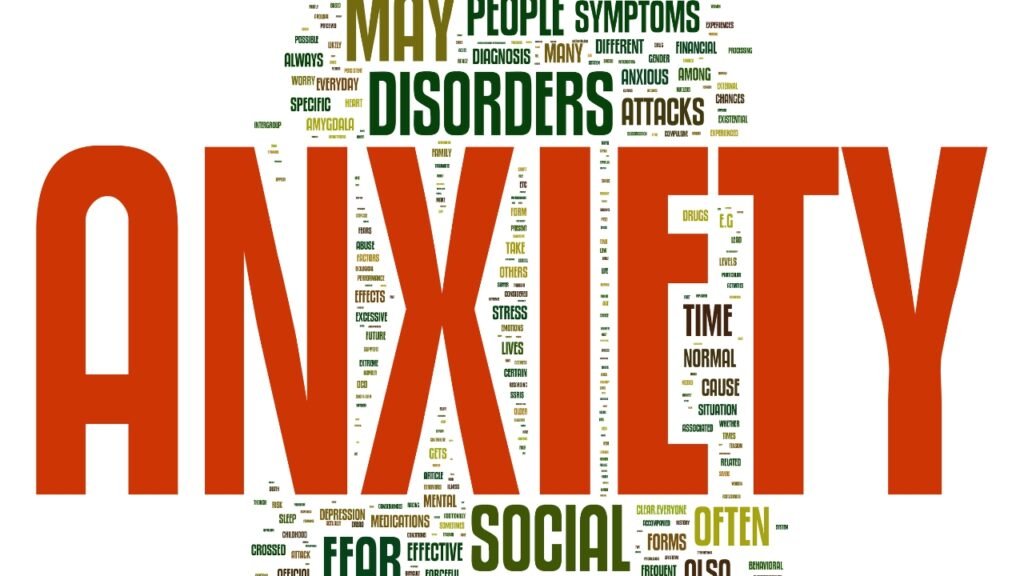
Myth 5: Everyone with Anxiety Experiences the Same Symptoms
Anxiety shows up differently for everyone. Some have panic attacks, while others worry a lot or feel physical symptoms. It’s key to understand that anxiety is not the same for everyone.
Myth 6: Medication Is the Only Solution
Medicine can help some, but it’s not the only answer. Many find relief through therapy, lifestyle changes, relaxation techniques, and support groups. The right treatment mix varies for each person.
Myth 7: Talking About Anxiety Makes It Worse
Talking about anxiety can actually help. It allows for support, understanding, and ways to cope. Whether it’s with friends, family, or professionals, talking is important.
Myth 8: You Should Always Avoid Triggers
It’s wise to avoid triggers, but avoiding everything can make you more sensitive. Slowly facing triggers, with a therapist’s help, can build resilience.
Myth 9: Anxiety Is Just a Phase
It’s easy to think anxiety is temporary. But if left untreated, it can become more serious. Seeing anxiety as a real health issue is key for long-term well-being.
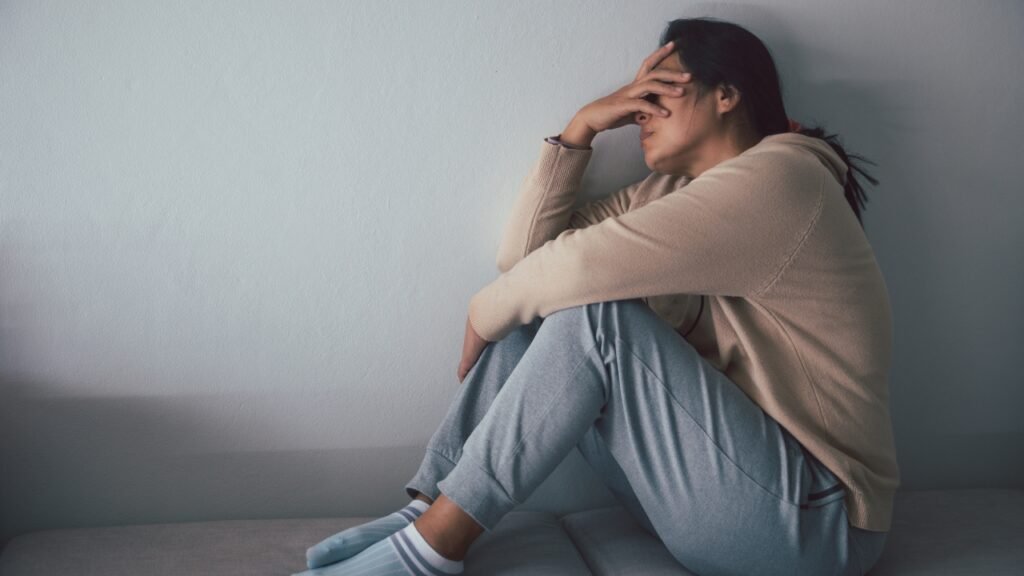
Myth 10: Managing Anxiety Is All About Willpower
While mental strength helps, managing anxiety needs more than willpower. It requires a holistic approach, including therapy, lifestyle changes, and support. Accepting that it takes effort can lead to better results.
By debunking these myths, you’re helping to understand anxiety better. This knowledge helps you and those around you who might be struggling.
If you or someone you know has anxiety, encourage open talks and consider seeking professional help. Together, we can shed light on this misunderstood condition.
Understanding the Real Causes of Anxiety Disorders
Anxiety disorders are complex and can affect anyone at any age. Knowing what causes them can help manage symptoms and find effective treatments.
Here, we explore some real causes of anxiety disorders, making them easy to understand.
Biological Factors
Your body’s biology plays a big role in anxiety disorders. Here are some key factors:
- Genetics: Family history can greatly affect your risk. If your family has anxiety, you might be more likely to have it too.
- Chemical Imbalance: Neurotransmitters like serotonin and dopamine control mood. An imbalance can cause anxiety symptoms.
- Brain Structure: Research shows that certain brain areas, like the amygdala, might be different in people with anxiety.
Psychological Factors
Your thoughts and mental patterns also play a part in anxiety. Here’s how:
- Personality Traits: Being more sensitive or having perfectionist tendencies can increase anxiety.
- Past Experiences: Traumatic events or major life changes can lead to lasting anxiety.
- Cognitive Distortions: Negative thinking can make anxiety harder to manage. This includes exaggerating dangers or downplaying positive outcomes.
Environmental Influences
Your surroundings and experiences affect how you handle stress and anxiety:
- Stressful Life Events: Big changes, like moving or losing a job, can trigger anxiety.
- Family Dynamics: A critical or chaotic family environment can make you more anxious.
- Social Influences: Bullying, social media pressures, and societal expectations can heighten anxiety.
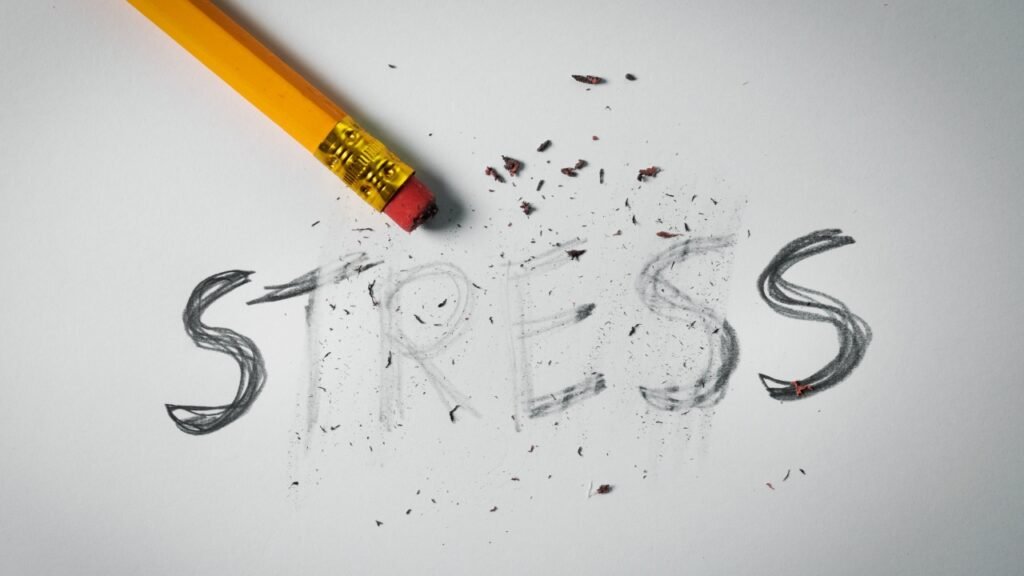
Chronic Health Conditions
Physical health issues can contribute to or worsen anxiety disorders. Some examples include:
| Health Condition | Impact on Anxiety |
|---|---|
| Heart Disease | Increased worry about health can lead to anxiety. |
| Chronic Pain | Persistent pain can contribute to feelings of helplessness and anxiety. |
| Thyroid Issues | Tightness and imbalance in hormones can trigger anxiety symptoms. |
Substance Abuse
Substance abuse can create a cycle that worsens anxiety. This includes:
- Alcohol: While some may drink to feel relaxed, excessive consumption can lead to increased anxiety levels.
- Drugs: Many drugs can induce anxiety during and after use, making symptoms more intense.
- Caffeine: High caffeine intake can mimic anxiety symptoms like jitteriness and restlessness.
Co-Occurring Disorders
Anxiety often coexists with other mental health conditions. Common examples include:
- Depression
- Post-Traumatic Stress Disorder (PTSD)
- Obsessive-Compulsive Disorder (OCD)
These overlapping disorders can make it harder to pinpoint the specific causes of anxiety.
Anxiety disorders come from a mix of biological, psychological, environmental, health-related, and situational factors.
Understanding these causes can help find the proper treatment and coping strategies. If you’re experiencing anxiety, consider seeking help from a mental health professional to explore the causes specific to your situation.
Healthy Coping Mechanisms for Managing Anxiety
Anxiety can feel overwhelming, but there are healthy ways to cope with it. Finding the right coping mechanisms can help you manage anxiety effectively and improve your overall well-being.
Here are some positive strategies you can incorporate into your life.
Mindfulness and Meditation
Practicing mindfulness involves focusing on the present moment. It can help reduce anxiety by encouraging you to notice your thoughts and feelings without judgment. Consider the following techniques:
- Breathing Exercises: Take a few deep breaths, inhaling through your nose and exhaling through your mouth. This can center your thoughts and ground your emotions.
- Guided Meditations: Use apps or online videos to follow guided meditations that focus on relaxation and visualization.
Physical Activity
Physical activity can really help lower anxiety. Exercise releases endorphins, which make you feel better. Here are some ways to get moving:
- Walking: A simple walk in nature can clear your mind.
- Yoga: This combines physical movement with breath control, perfect for easing tension.
- Dancing: Whether in a class or at home, moving to music can elevate your mood.
Healthy Eating Habits
The food you eat can affect your mental health. Eating a balanced diet can help manage anxiety. Here are some dietary tips:
- Omega-3 Fatty Acids: Found in fish like salmon and walnuts, they can boost brain function.
- Whole Grains: These help stabilize blood sugar levels, positively impacting your mood.
- Hydration: Drinking enough water can enhance cognitive function and reduce feelings of fatigue.
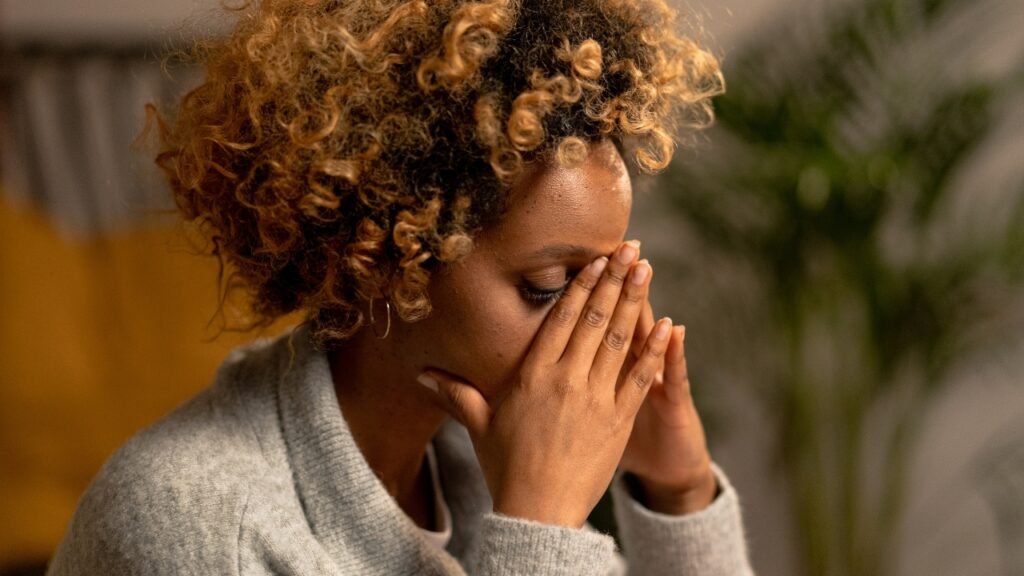
Social Support
Keeping in touch with friends and family can provide emotional support during tough times. Building a strong support network includes:
- Talking about Your Feelings: Sharing your thoughts can lighten your emotional load.
- Joining Support Groups: Connecting with others who understand your struggles can be comforting.
- Volunteering: Helping others can give a sense of purpose and reduce feelings of isolation.
Diverse Coping Strategies
Everyone is different, and what works for one person may not work for another. Experiment with different coping mechanisms. Here are some to consider:
- Creative Outlets: Engage in activities like painting, writing, or playing music to express your emotions.
- Journaling: Writing down your thoughts and feelings can clarify your concerns and reduce anxiety.
- Practice Gratitude: Keeping a gratitude journal can shift your focus to the positive aspects of life.
Establishing a Routine
Creating a daily routine can offer structure and predictability, which is comforting. Here are some tips:
- Morning Rituals: Start your day with calming activities like stretching or reading.
- Scheduled Breaks: Give yourself short breaks throughout the day to relax and recharge.
Seeking Professional Help
If anxiety becomes overwhelming, don’t hesitate to seek professional support. Therapists can provide tools and coping strategies tailored to your needs. You might explore:
- Cognitive Behavioral Therapy (CBT): A common treatment that helps you understand and change thought patterns.
- Medication: Sometimes medication is necessary to manage anxiety effectively.
These strategies into your life can empower you to deal with anxiety in a healthier way. Remember, it’s essential to be patient with yourself as you explore what works best for you.
The Impact of Anxiety on Daily Life and Relationships
Anxiety can be an invisible weight that impacts many aspects of daily life and relationships.
For those living with anxiety, the feeling of discomfort can permeate everyday tasks, making even simple routines feel overwhelming.
Understanding how anxiety manifests and its effects can help you navigate this complex condition.
Understanding Anxiety’s Daily Impact
Daily tasks that seem easy for others can be challenging. For example:
- Work Environment: You may find it hard to focus or even go to work, fearing social interactions or performance demands.
- Social Gatherings: Events can feel daunting, causing you to avoid outings with friends and family, leading to isolation.
- Self-Care Routines: Even basic tasks like cooking or exercising can feel exhausting when anxiety is high.
These challenges can create a cycle where you feel trapped, constantly juggling responsibilities while managing anxious feelings.
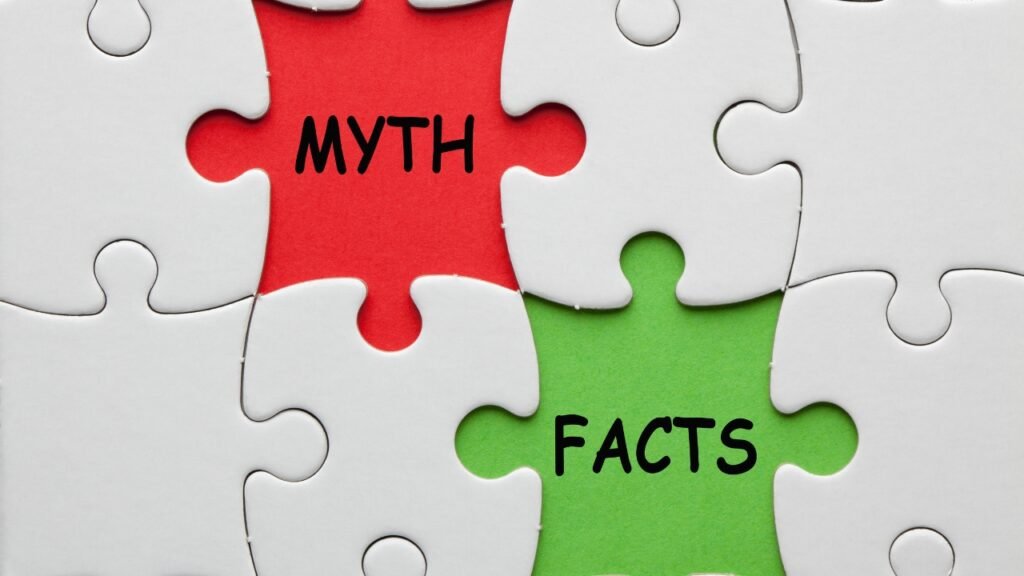
Anxiety and Relationships
Having anxiety can significantly affect relationships, whether romantic, familial, or friendships. Here are some common impacts:
- Communication Issues: You might struggle to express feelings or needs, leading to misunderstandings.
- Emotional Distance: Anxiety can create barriers, causing you to withdraw from loved ones.
- Trust Problems: Constant worries may lead to jealousy or mistrust, straining relationships.
These pressures can lead to frustration for both you and those around you, creating an environment of tension that can further exacerbate anxiety.
Everyday Struggles
Daily life can be tough because of anxiety. It affects both your mind and body. Here are a few examples:
| Struggle | How It Affects You |
|---|---|
| Difficulty Concentrating | Can lead to mistakes at work or school, affecting self-esteem. |
| Insomnia or Sleep Disturbance | Daily fatigue can further increase irritability and stress levels. |
| Increased Sensitivity | Minor critiques or failures can feel like massive setbacks, impacting your mood. |
Anxiety can create a cycle where it makes things worse. This can affect your life at home and work.
Strategies for Managing Anxiety in Daily Life
There are ways to deal with anxiety:
- Establish a Routine: Creating a structured daily schedule can provide a sense of predictability.
- Practice Mindfulness: Techniques such as meditation or deep breathing can help ground you in the present moment.
- Seek Support: Talk to friends or mental health professionals about your feelings, finding solidarity in shared experiences.
- Limit Caffeine and Alcohol: Both substances can heighten anxiety symptoms, so moderating intake may aid in managing emotions.
By taking action, you can take back control. This can improve how you interact with others.
Building and Maintaining Relationships
Anxiety can make it hard to connect with others. But there are ways to strengthen relationships:
- Open Communication: Clearly express how anxiety affects you to your loved ones, fostering empathy.
- Set Boundaries: It’s okay to say “no” when you feel overwhelmed; this can help you maintain balance.
- Encourage Patience: Ask friends and family for their understanding as you work through anxious periods.
These steps can help you build a supportive network. This can make you feel less alone in your struggles.
While anxiety can impact your daily life and relationships, you can find ways to cope. By learning more and seeking support, you can manage anxiety and live a fulfilling life.
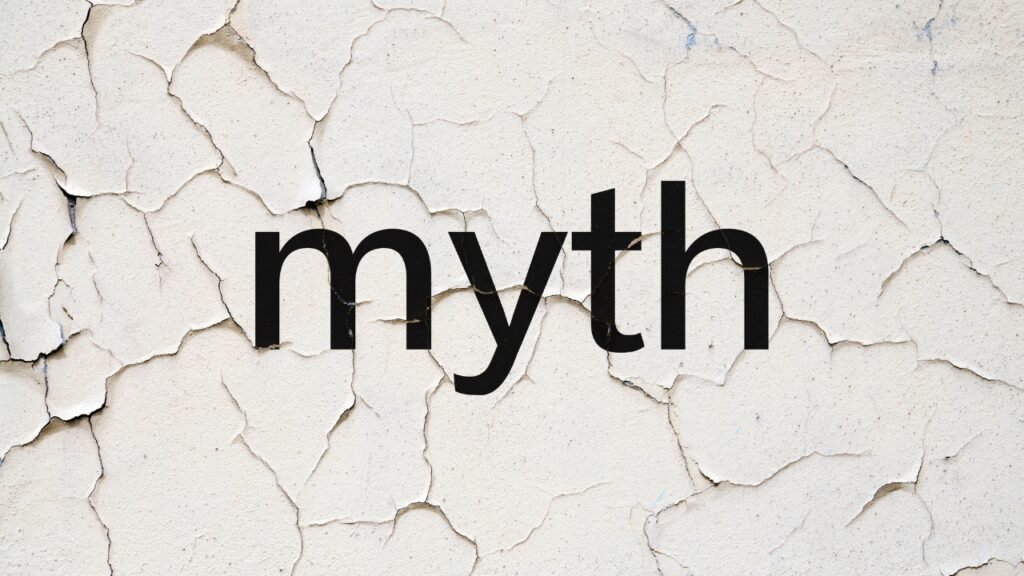
How Misconceptions About Anxiety Affect Treatment and Recovery
Anxiety is a common mental health issue that affects many people worldwide. Misunderstandings about anxiety can make treatment and recovery harder.
It’s important to know these myths to help yourself or someone else deal with anxiety.
Misconception 1: Anxiety is Just Stress
Many think anxiety is just stress. But anxiety is more than that. It can last even when the stressful situation is gone. Knowing this can help you seek the right help.
Misconception 2: Only Weak People Experience Anxiety
Some believe only weak people have anxiety. This belief can make people feel ashamed and stop them from getting help. But anxiety can happen to anyone, no matter how strong or resilient they are.
Misconception 3: You Can Just “Think Positively” Your Way Out of It
Positive thinking is good, but it’s not enough for anxiety. Many need therapy, medication, or both to feel better. Thinking you can just think positively can delay getting the help you need.
Misconception 4: Anxiety is the Same for Everyone
Anxiety shows up differently in everyone. Some feel physical symptoms, while others have racing thoughts or avoid things. It’s important to understand these differences for the right treatment.
Misconception 5: Therapy is a Waste of Time
Some think therapy is useless. But therapy, like cognitive behavioral therapy (CBT), really helps with anxiety. It’s key to challenge this idea to encourage people to seek help.
Misconception 6: Medication Will Fix Everything
Medication can help manage anxiety, but it’s not a magic fix. Finding the right medicine takes time and adjusting. It works best when combined with therapy and lifestyle changes.
Misconception 7: Anxiety Only Affects Mental Health
Anxiety isn’t just about mental health. It can also cause physical problems like heart issues and chronic pain. Recognizing this can help people take their symptoms seriously.
Misconception 8: Once You Recover, You’ll Be Free from Anxiety Forever
Many think beating anxiety means it will never come back. But, anxiety can be a long-term issue that needs ongoing care. Knowing this can help prepare for ups and downs in mental health.
Misconception 9: You Just Need to Relax More
Relaxation techniques can help with anxiety, but they’re not enough. Telling someone to relax can be hurtful. A full treatment plan is what’s needed.
Misconception 10: Talking About It Will Only Make It Worse
Some worry talking about anxiety will make it worse. But, sharing can be healing and reduce feelings of isolation. A supportive environment is key to recovery.
Strategies to Combat Misconceptions
- Educate Yourself: Learning about anxiety from trusted sources is key. Knowledge fights myths.
- Share Your Story: Sharing personal experiences can build empathy and encourage mental health talks.
- Seek Professional Guidance: Therapists offer accurate info and coping strategies.
- Create a Support System: Surround yourself with people who understand anxiety.
It’s important to tackle misconceptions about anxiety for effective treatment and recovery. By debunking myths, we support those dealing with anxiety. With the right tools, support, and understanding, recovery is possible.
Closing,
It’s vital to address myths about anxiety for a better understanding. Anxiety disorders are linked to genetics, environment, and personal experiences. It’s not just being worried or dramatic.
Healthy coping strategies like exercise and mindfulness are essential. They help manage anxiety and strengthen relationships through better communication.
Misconceptions about anxiety can hinder treatment and recovery. Believing in myths can discourage seeking help.
Debunking these myths encourages open conversations and supports those with anxiety.
Understanding anxiety can change how you or someone close to you approaches it. Knowledge empowers effective coping and healthier relationships.
Remember, you’re not alone, and informed discussions and professional help can help you manage anxiety with confidence.

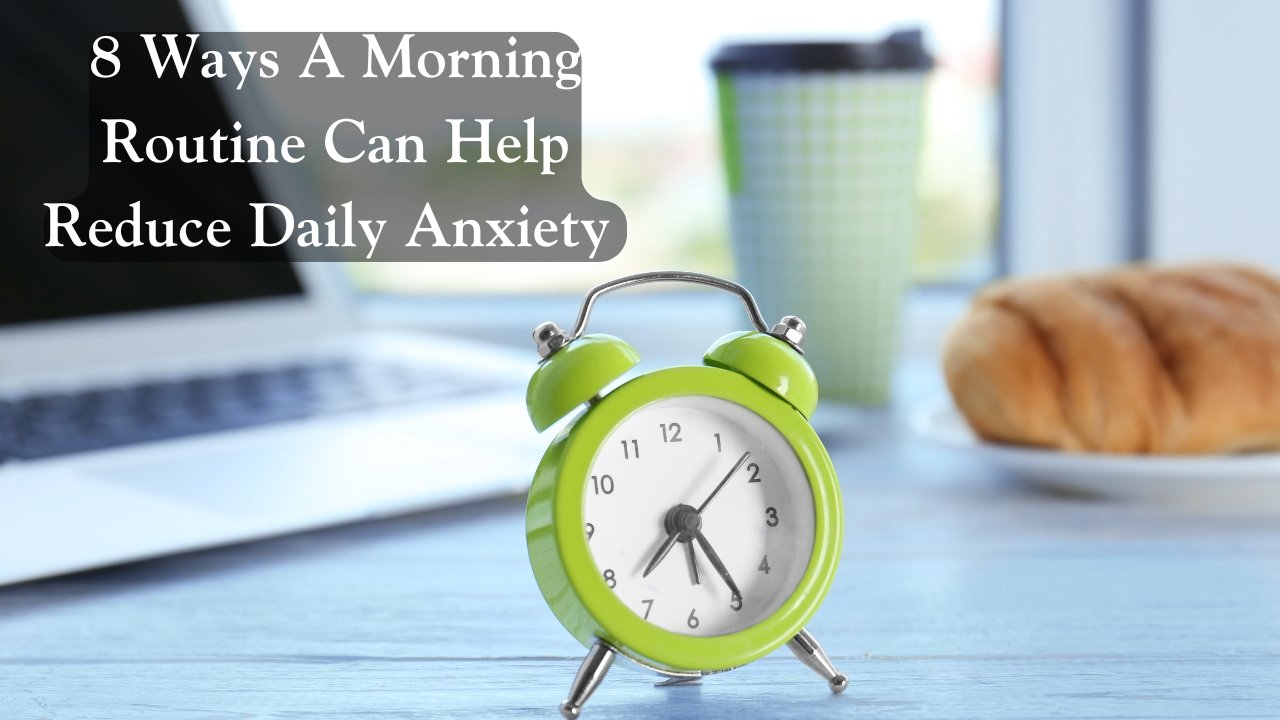
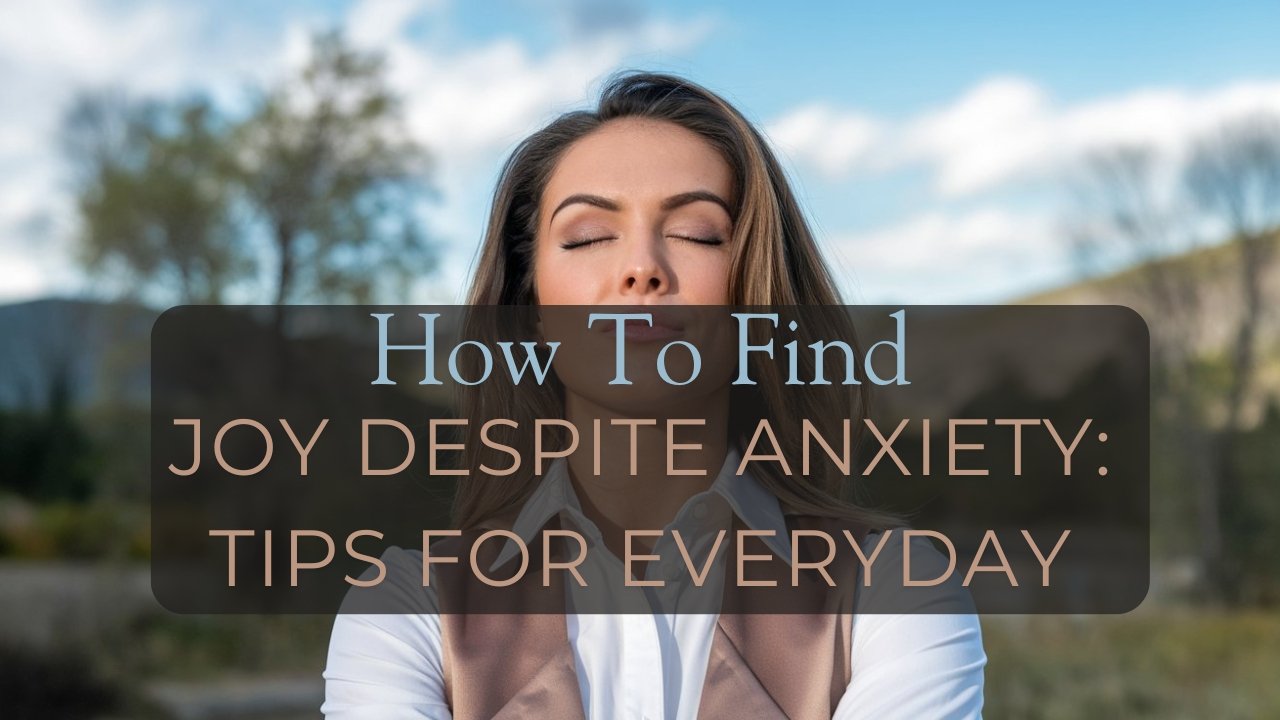
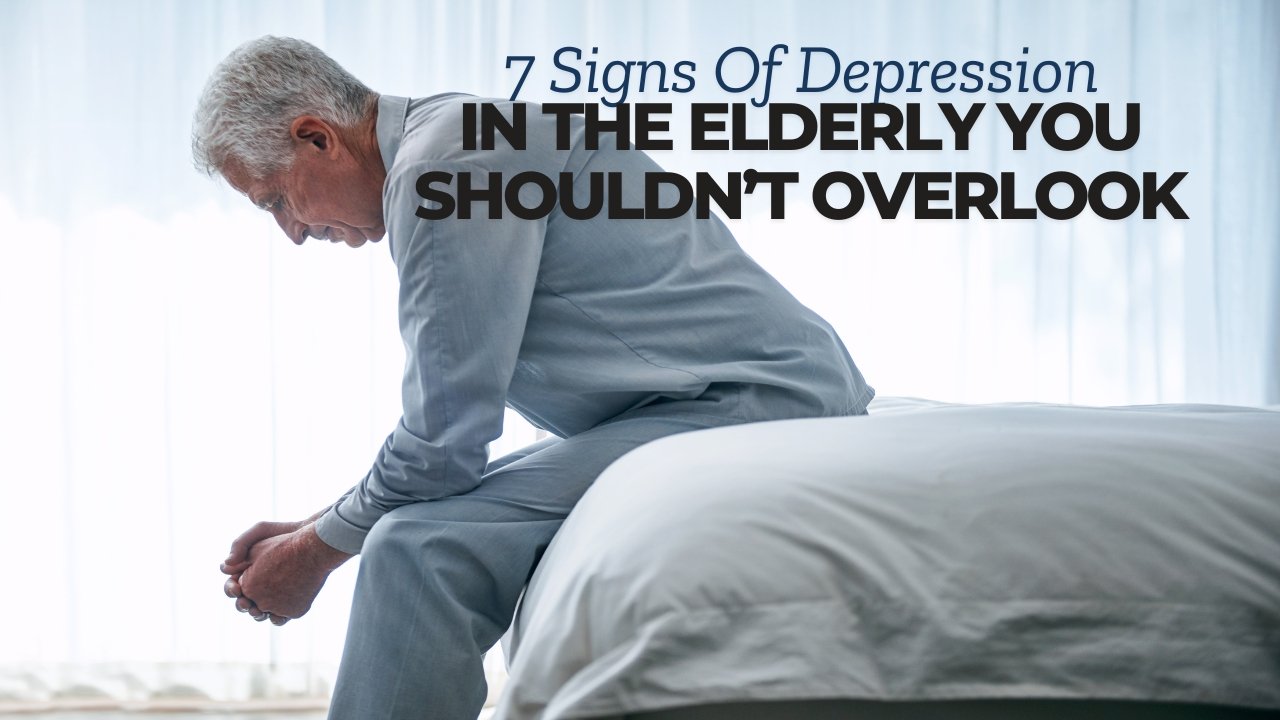

Leave A Comment